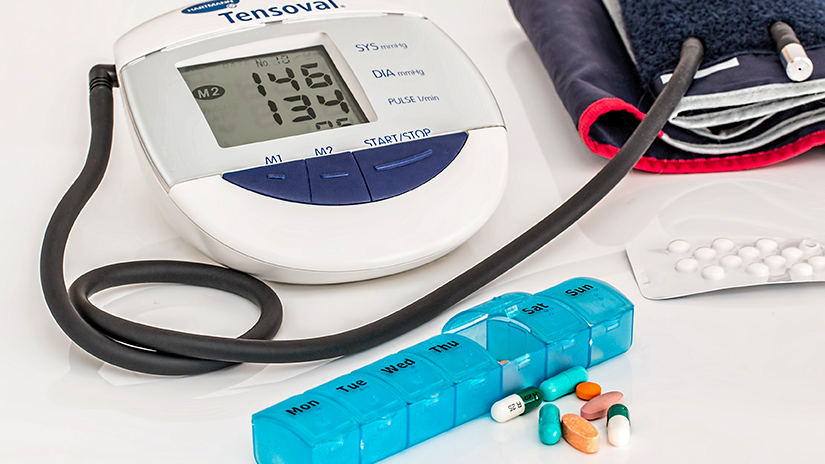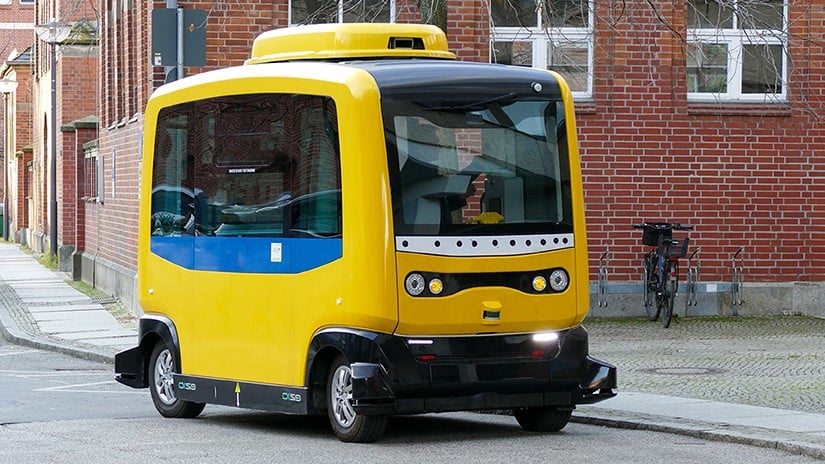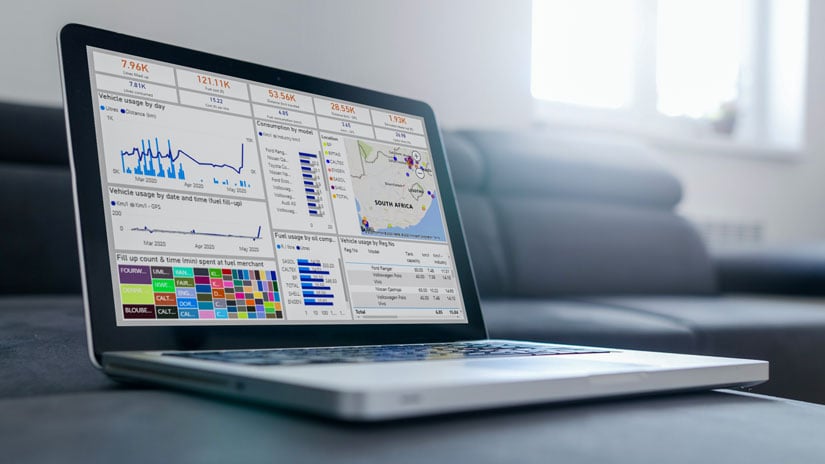The fleet industry is, by nature, constantly evolving as companies seek quicker and more efficient solutions that support their business and keep expenses in check. Technology will always be at the forefront, but the exact type and application vary depending on the need.
We’ve put together a few current trends to keep an eye on.
1. Staff health focus
The global pandemic may be a nightmare, but it has certainly brought employee health into sharp focus. Fleet managers have had to ensure staff are as protected as possible and know what their options are should they become ill.
This increased awareness of employee health and wellbeing has caused a seismic shift across all industries. In the fleet industry, where employee health and safety is already a priority, we have seen a lot more emphasis placed on employee support channels. Fleet managers are doing their utmost to ensure drivers, especially, are protected as any last-minute cancellation due to ill health can have a domino effect on schedules.
Employee health has quickly become one of the most crucial factors to keeping your fleet running smoothly. Our prediction is that post-COVID, many of these employee support channels will remain in place. Business owners, as well as staff, have come to appreciate these structures and it is likely that adapted versions of enhanced employee care are here to stay.
2. Remote fleet management
The work-from-home (WFH) model was quickly applied to fleet management and any other fleet operations that can be done remotely. This ensured less exposure within the fleet ecosystem and lowered the risk of exposure for those who had to be on the ground or in transit.
It was encouraging to see how well fleets were able to adapt - mainly due to the fleet management technology that’s already available. Now, more than a year down the line, many of these remote fleet management systems have evolved and are likely to be a key trend due to their efficiency.
Telematics that offer real-time updates on vehicle location, vehicle and engine health, as well as driver performance have become the backbone of efficient remote fleet management. The data provided and the time saved will undoubtedly see an increase in demand for improved telematics and connectivity.
3. The autonomous conversation
The global pandemic once again highlighted the many benefits that autonomous vehicles will offer: no human contact needed and reduced risk to fleet staff. Yes, this isn’t yet a local reality, but the global pandemic has most certainly made the case for reduced risk operations - and autonomous vehicles are promising to deliver.
We predict that South Africa could see autonomous vehicles making their way into limited fleet functions within the next few years. It may just be in specific areas and on specific routes, but innovative fleet managers are more open to this possibility than ever before.
4. Data is king
There is a renewed focus on gaining quality fleet data and having a fleet partner that can use this data to:
- Optimise operations
- Plan for delays due to provincial of country border closures.
- Keep their fleet flexible: able to quickly downsize when needed and upscale as operations increase.
- An overview of fleet health and recommendations on where money needs to be spent and where it can be saved.
This point goes hand-in-hand with remote fleet management. Now that everyone isn't sitting in the same office many fleet managers need more information to make the right decisions. They aren’t on the ground with their fleet and staff as often as they were, so they need more precise data in order to make the right fleet decisions.
The usefulness of quality data simply can’t be overstated and fleet managers are likely to keep refining the way they use their telematics-sourced data.
Our prediction is that the demand for quality fleet data will keep growing as many fleet managers have seen the true value.
Let us know your predictions for innovation in the fleet industry!
Looking for more industry insights for your fleet? Subscribe to receive updates from the experts.




